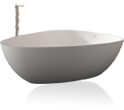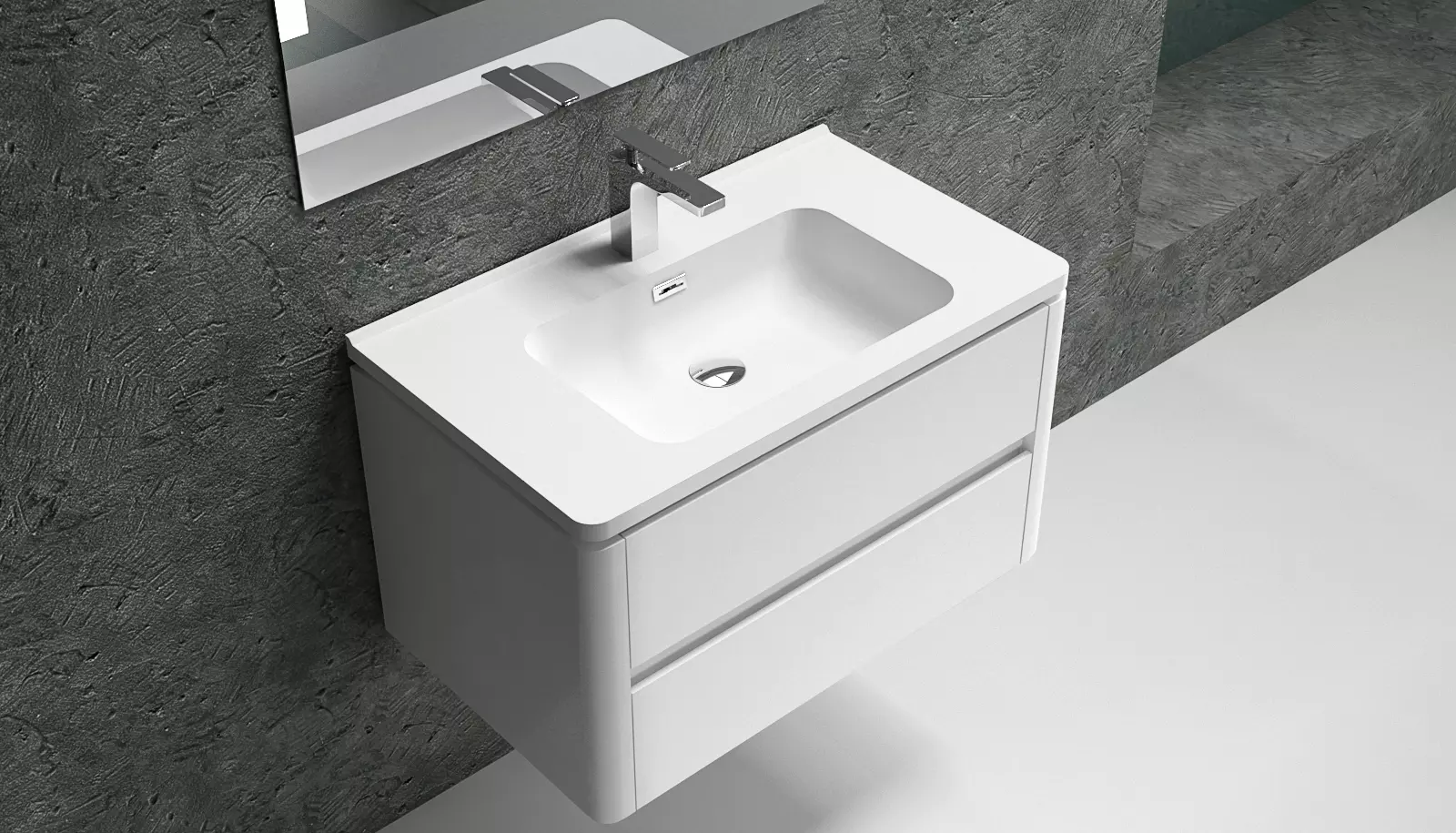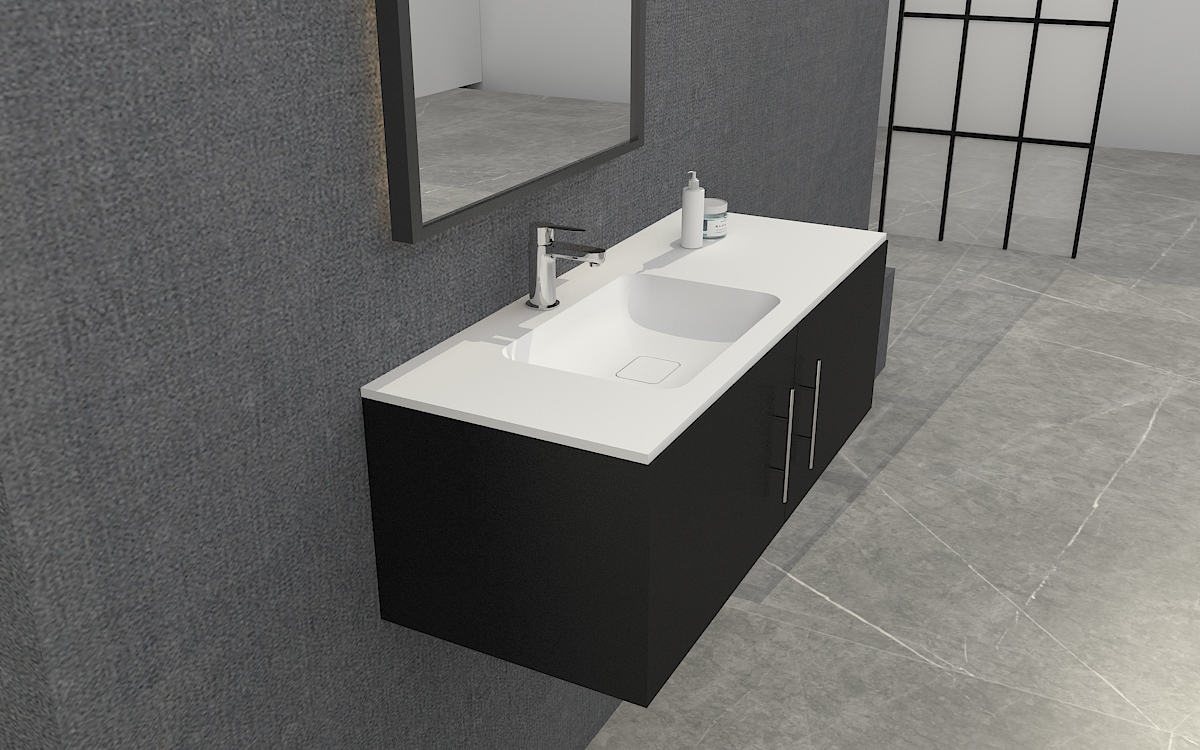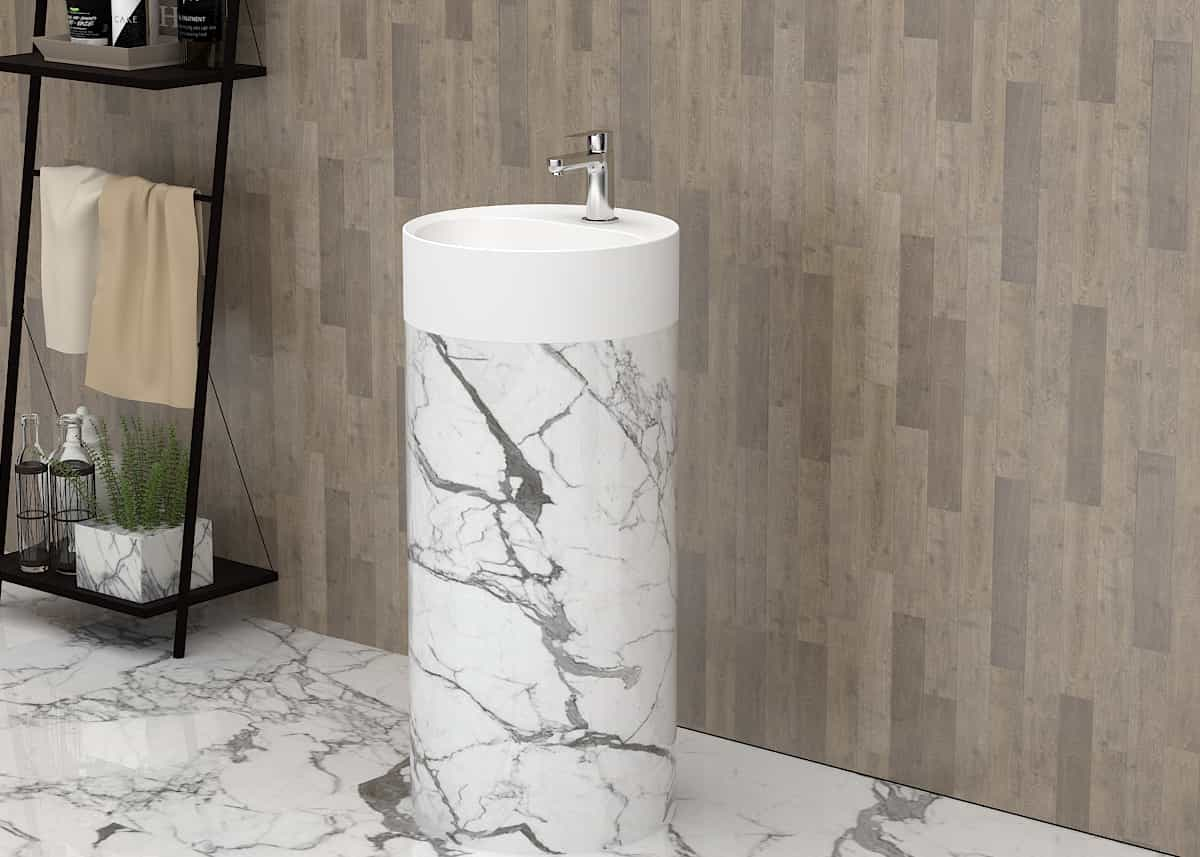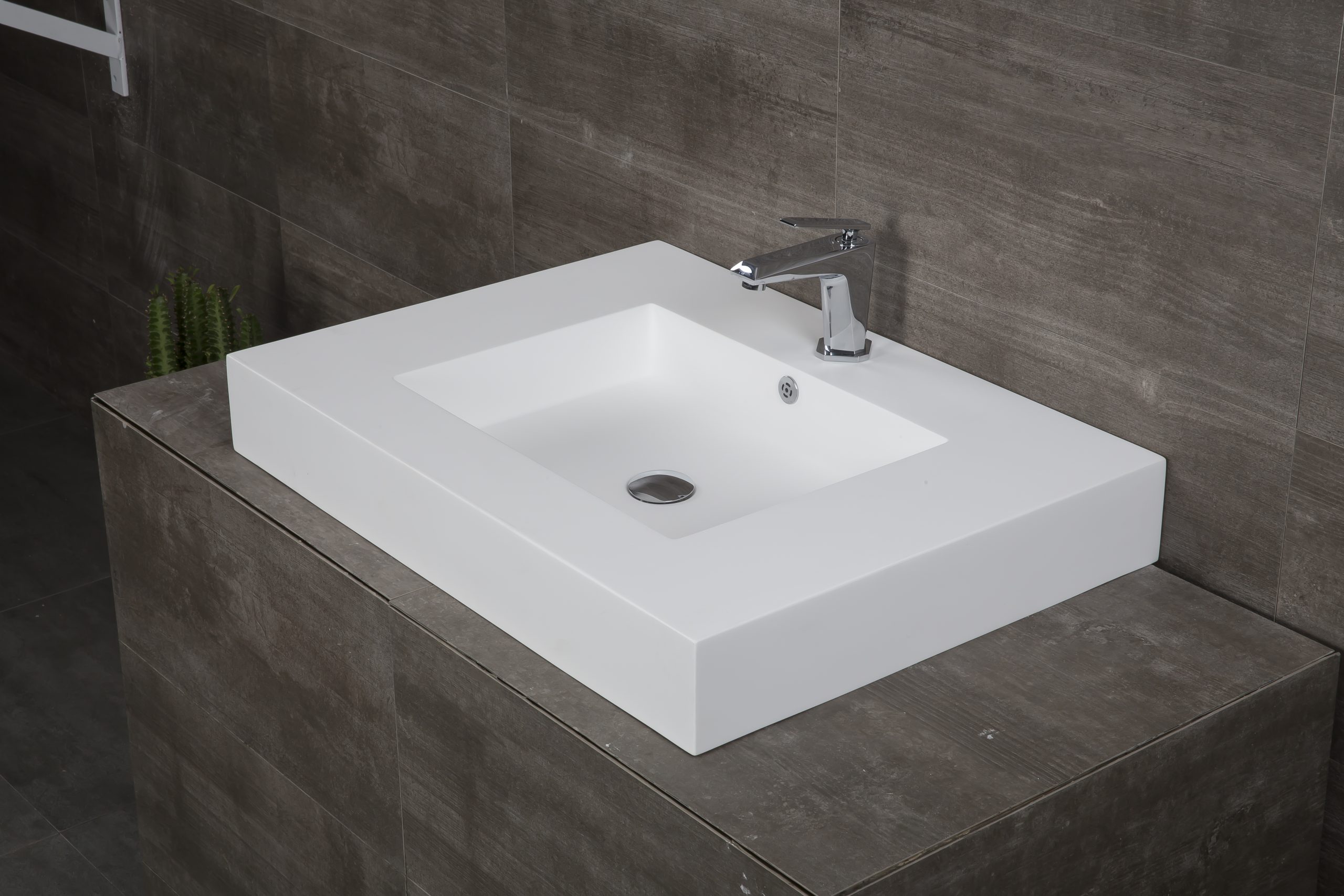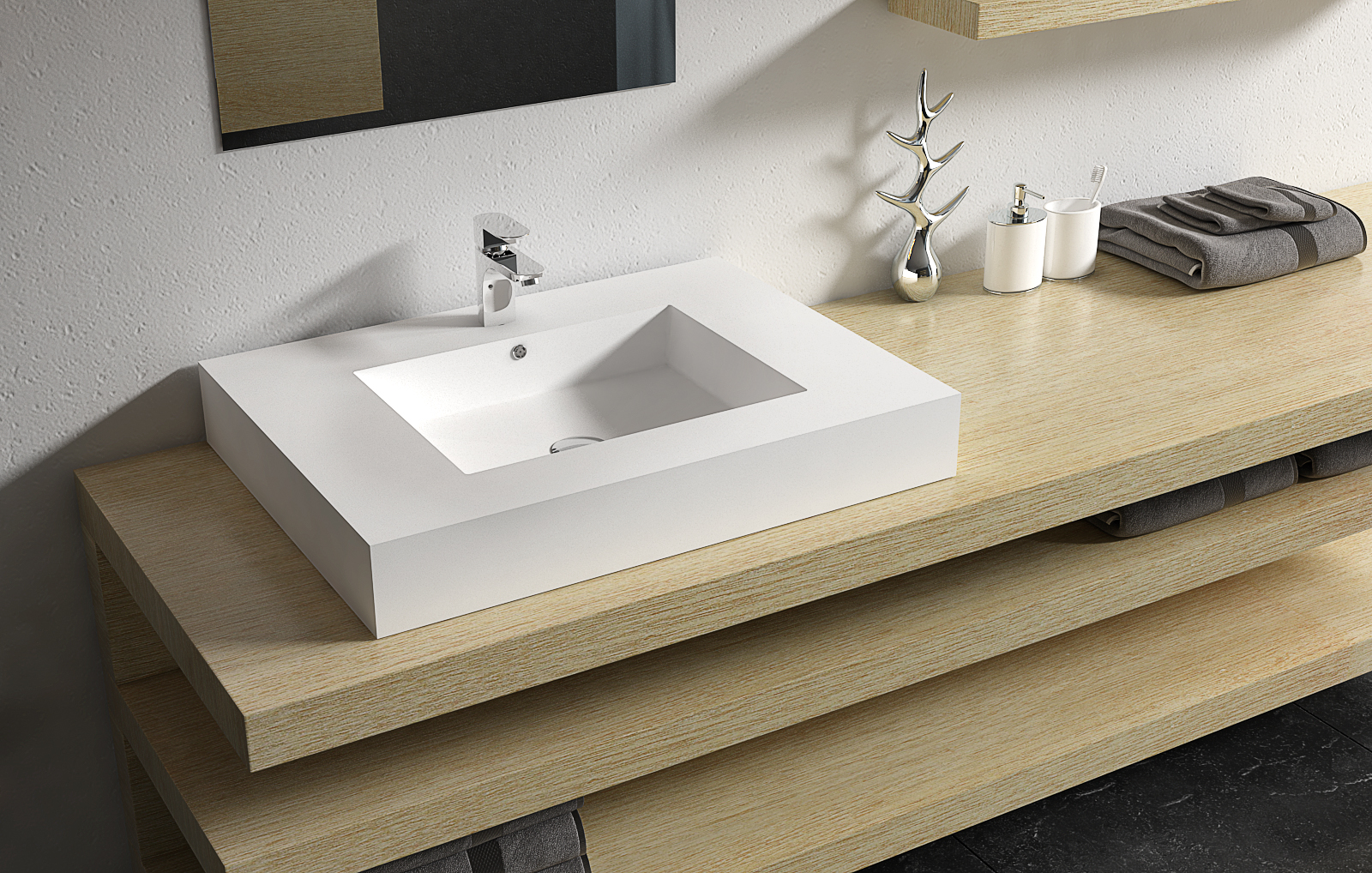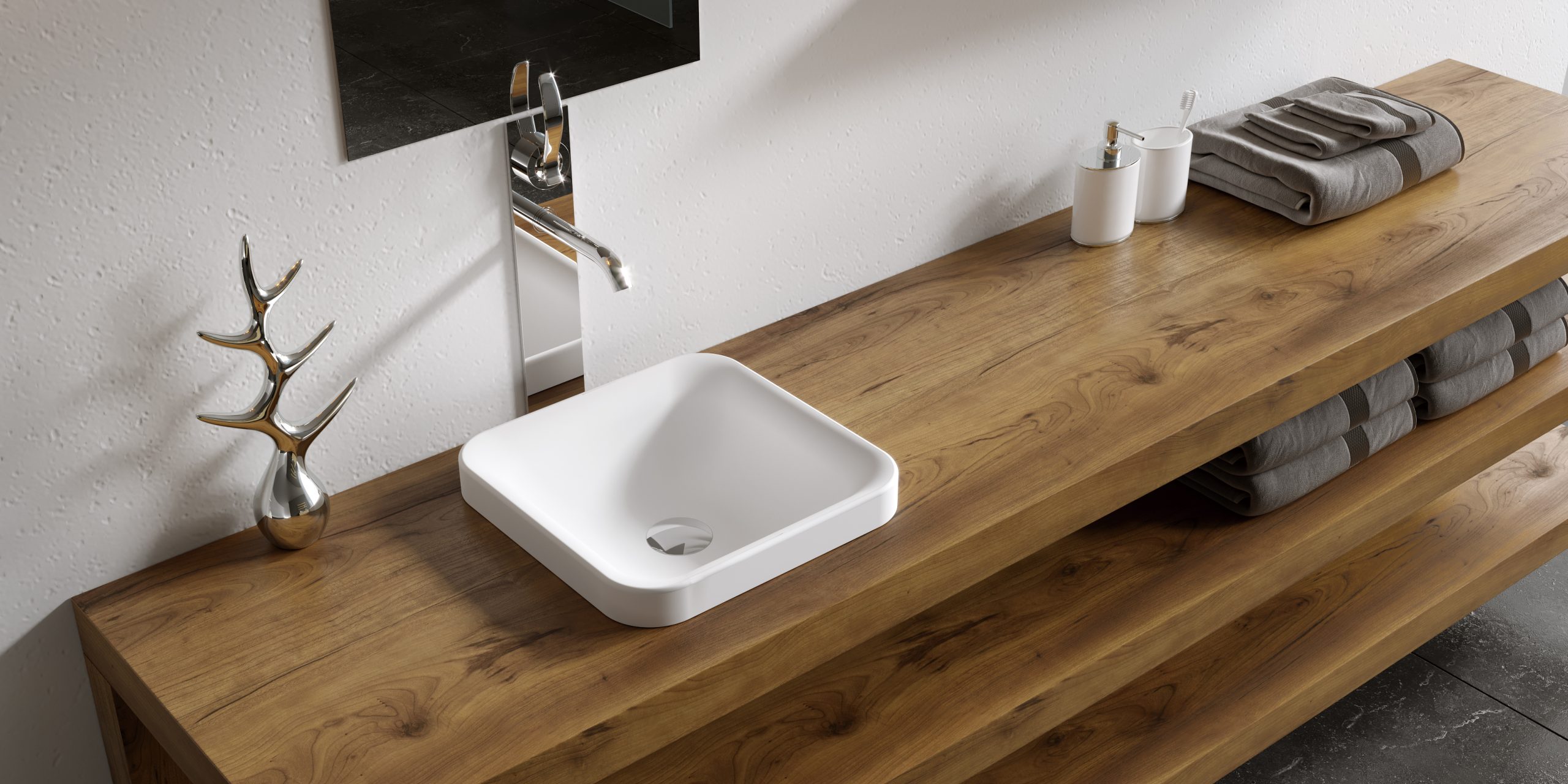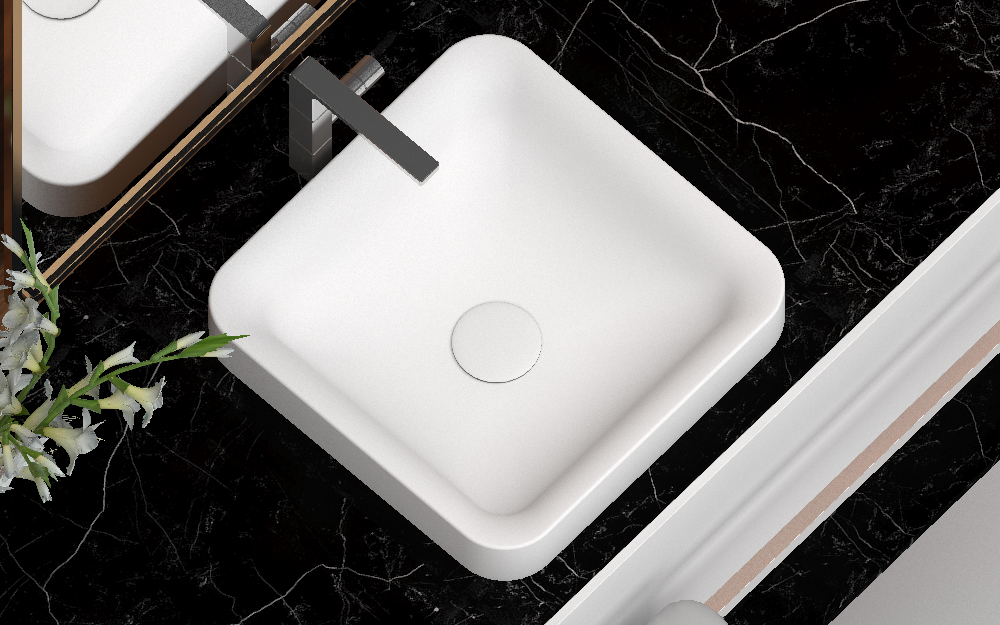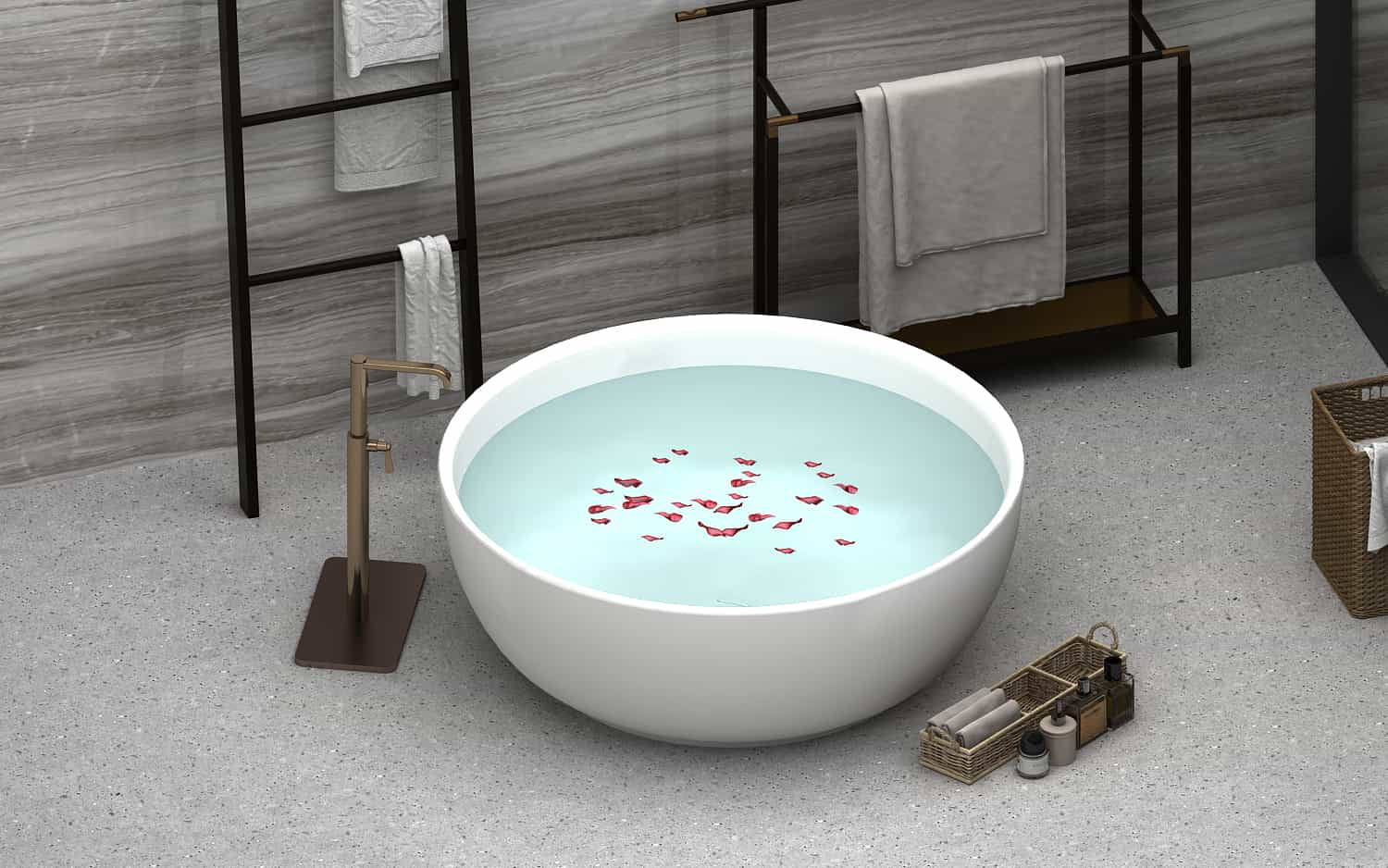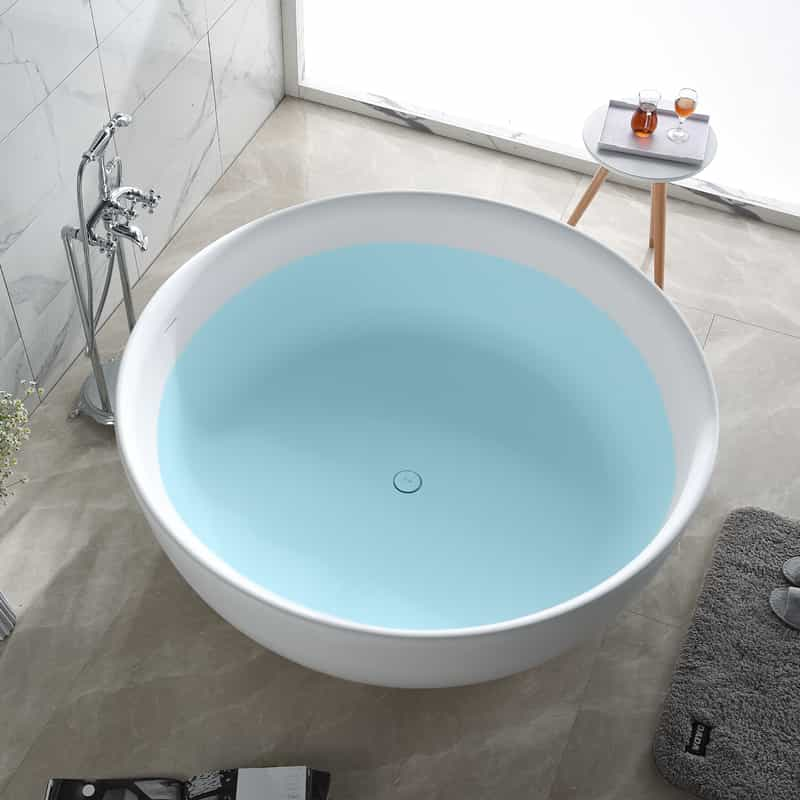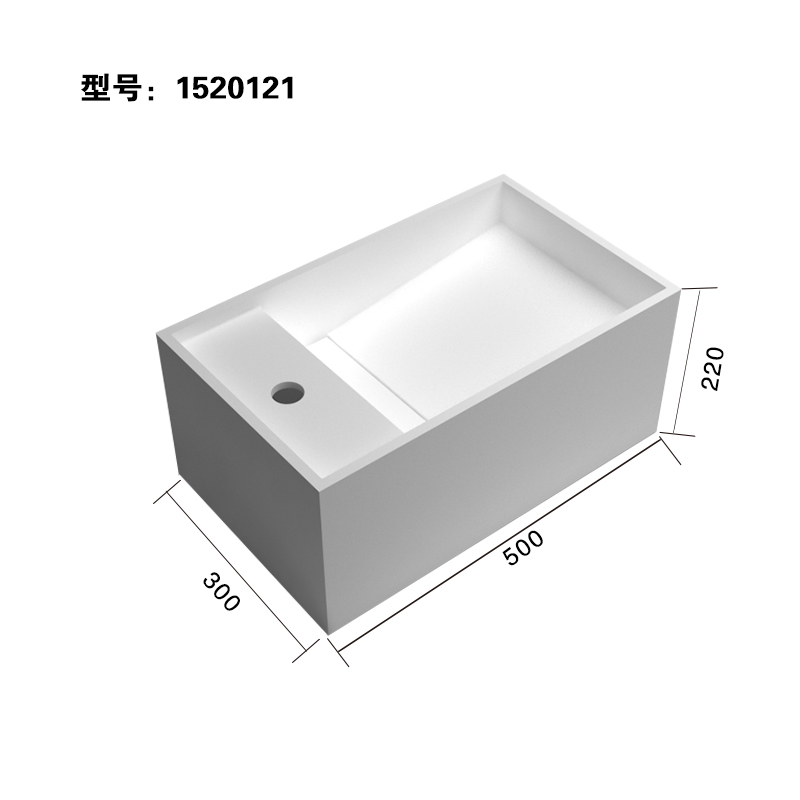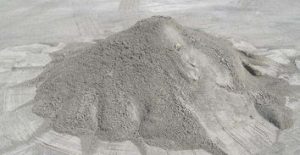
The use of cement mortar in home decoration is very common, especially on the tiles. It is an indispensable material in decoration projects. Many people find that cement mortar has labels. What are the labels of cement mortar and what do they mean? Well, let’s find out.
What is the label of cement mortar?
The label of cement mortar refers to a value in the overall distribution of compressive strength measured by the standard test method at the age of 28 days for the cubic specimen manufactured and maintained according to the standard method. No. 100 cement mortar means that its strength is 100kg/cm2, but now it is all changed to MPa as the unit, and No. 100 corresponds to M10. The mix ratio varies according to different raw materials and mortar uses, and there is no certain one. Take the commonly used 42.5 ordinary Portland cement and medium sand mixed with 100 (M10) masonry mortar as an example: 305kg of cement: 1.10m3 of sand: 183kg of water.
What are the labels of cement mortar?
The grades of mortar are M3, M5, M7.5, M10, M12.5, M15, M20, M25, M30, and M40. The larger the corresponding value, the greater the strength level. Mortar can be divided into masonry, plastering and joint according to its use, which has nothing to do with the label. If it must be said, it can only be said that the one with the higher grade is used where the mortar with higher strength is required, and vice versa.
The role of cement mortar:
Cement mortar is used in home decoration, floor tiles, wall tiles, and masonry. It can not only enhance the adsorption capacity of the surface material and the base layer, but also protect the internal structure. At the same time, it can be used as a leveling for the rough surface of the building layer, so in the renovation project, cement mortar is an essential material.
Many owners believe that the greater the proportion of cement in the entire mortar, the stronger its adhesion, so they often disagree with the decoration company on the amount of cement used. In fact, it is not the case. Take pasting ceramic tiles as an example. If the cement grade is too large, when the cement mortar condenses, the cement will absorb a large amount of water. At this time, the surface tiles will be easily cracked and the service life will be shortened if the moisture is absorbed too much. Cement mortar should generally be mixed according to the ratio of cement:sand=1:2 (volume ratio).
In order to ensure the quality of cement mortar, when purchasing cement, we must pay attention to whether it is 425# Portland cement produced by a large factory. Sand should be selected from sand, and the particle thickness of medium sand is very suitable for use in cement mortar. Many owners think that the finer the sand, the better the mortar, which is actually a misunderstanding. Sand that is too fine does not have strong adsorption capacity, and cannot produce greater friction to adhere to tiles.
Qualified standard of cement mortar strength grade:
Cement mortar strength grade qualification standard 1. The average strength of the test pieces of the same strength grade is not lower than the design strength grade.
Cement mortar strength grade qualification standard 2. The minimum strength value of any group of test pieces is not less than 75% of the design strength grade.
Cement mortar strength grade qualification standard 3. In the actual measurement project, when the cement mortar strength grade is rated as unqualified, the corresponding sub-project is unqualified. According to the “Code for Design of Masonry Structure” and “Code for Masonry Engineering and Acceptance”, the strength grade of masonry mortar is 70.7mm×70.7mm×70.7mm, and it is tested under the conditions of 20C±3C and humidity of 60% to 80%. The arithmetic mean value of compressive strength of 6 specimens cured for 28 days was determined. Mortar is divided into six grades: M20, M15, M10, M7.5, M5, and M2.5. The mixed mortar should meet the type and strength grade required by the design, and meet the requirements of the specified consistency, good water retention performance and uniform mixing. The strength grade of mortar used for walls and columns subject to vibration and whose storey height exceeds 6M shall not be less than M2.5. The strength grade of masonry mortar in severe cold regions and humid environments below the ground is generally increased by one level.
The above is an article shared by the editor about the labeling of cement mortar and the strength grade standard of cement mortar. After reading the article of the editor, do you feel that you have gained a lot of knowledge? There are so many things about cement mortar. Cement mortar has a number The strength grade of cement mortar is the criterion for judging.

